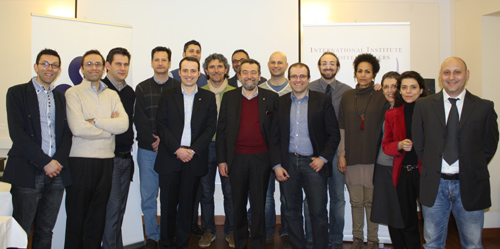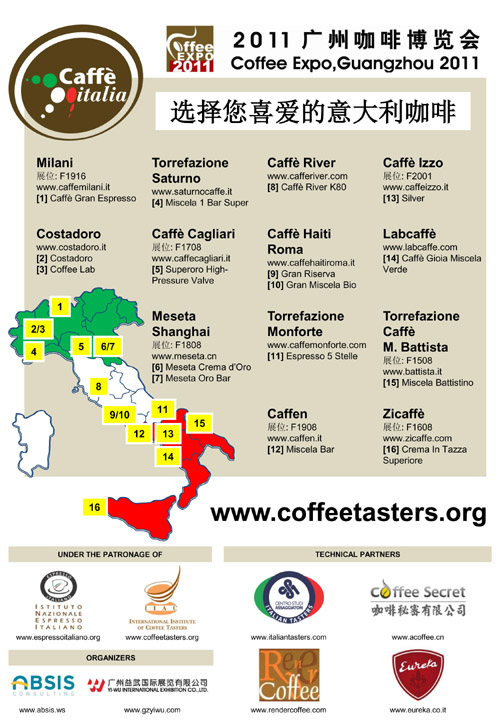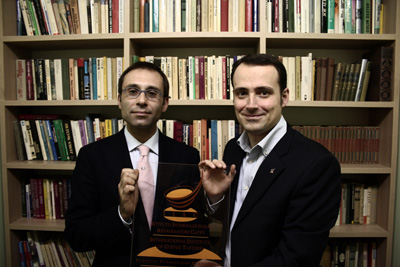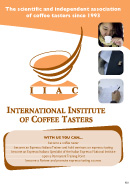Filippo Mezzaro crowned 2014 Espresso Italiano Champion
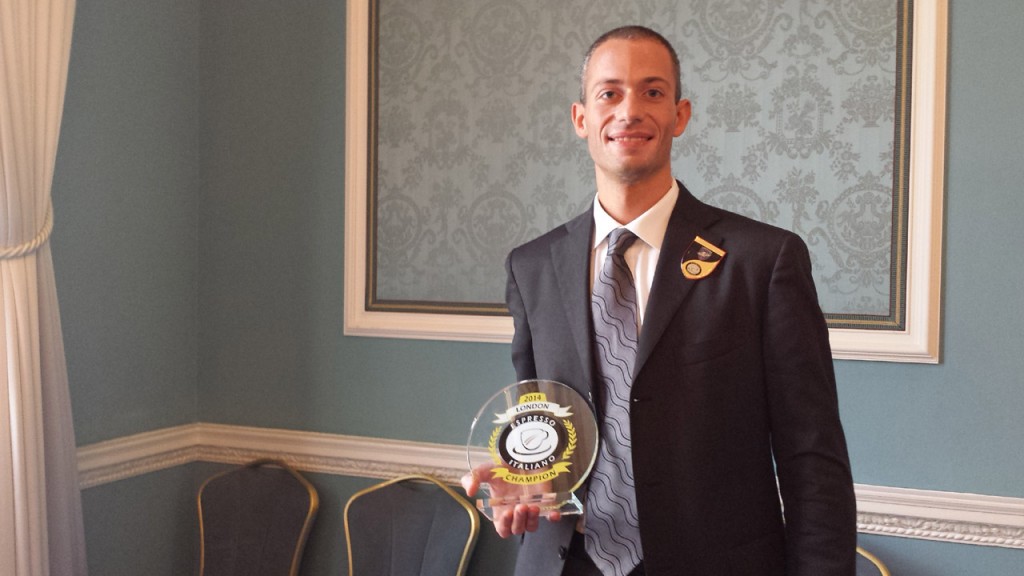
After months of anticipation, the 2014 Espresso Italiano Champion has been named. Held for the first time in London at Pall Mall’s Royal Automobile Club, Filippo Mezzaro beat 14 other baristas to win the prestigious title. All 15 competing baristas came from 14 Italian espresso companies and partner organisations from around the world.
Each barista had 11 minutes to produce 4 espressos and 4 cappuccinos, judged by a panel of technical and sensory judges. The technical judges graded the baristas on the production of their coffees; whilst the sensory judges let the coffee speak for itself.
Each barista was awarded a certificate by the Vicepresident of INEI (Espresso Italiano National Institute), Marco Paladini, and the Secretary General, Luigi Odello. For the best espresso, Cristian Tetro representing Costadoro, took the title and the best cappuccino went to Alessandro Corsi, Essse Caffè. The overall champion, creating the best espresso and cappuccino of the day with the perfect technique, was of course Filippo Mezzaro, representing Torrefazione Saturno.
Filippo’s family life has over 40 years history in the cafe industry: ‘For me, coffee is first of all a passion, but managed with the proper training, it is a much higher quality.’ Filippo has always participated in courses run by the INEI and IIAC (International Institute of Coffee Tasters) and has always believed in continuing his education alongside his hard work as a barista.
This debut event and Filippo’s win signify the beginning of a new trend in the UK coffee market – a trend that celebrates the skill of a traditional barista and the origins of Italian espresso.
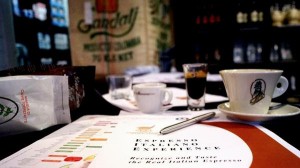
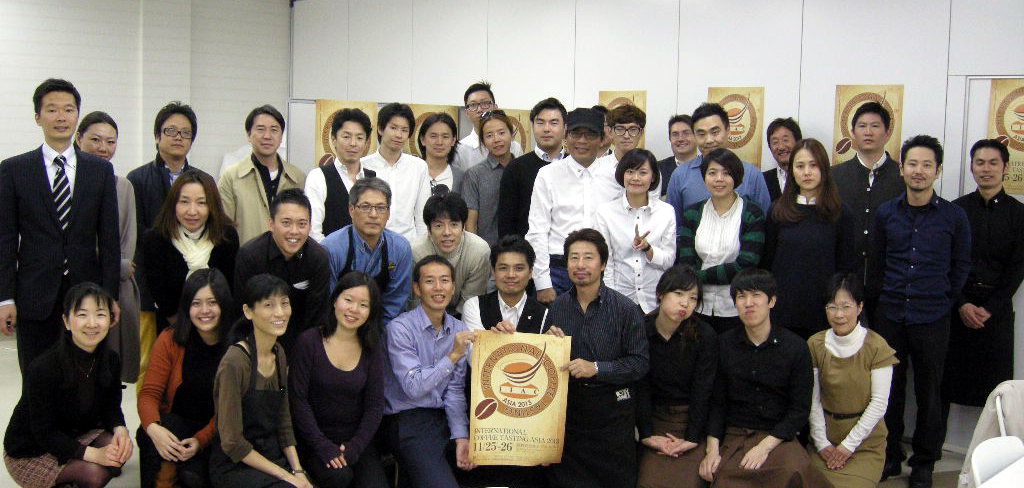

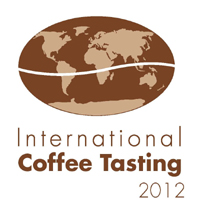 Brescia, 7 november – The fourth edition of the International Coffee Tasting held in Brescia on the 29th and 31st October has closed. Coffees from all around the world have been challenging each other. 26 judges from 11 countries were given the task of assessing as many as 113 coffees from 13 countries: the winning products of the competition were chosen from a truly international selection (Editor’s note: the list is below).
Brescia, 7 november – The fourth edition of the International Coffee Tasting held in Brescia on the 29th and 31st October has closed. Coffees from all around the world have been challenging each other. 26 judges from 11 countries were given the task of assessing as many as 113 coffees from 13 countries: the winning products of the competition were chosen from a truly international selection (Editor’s note: the list is below).